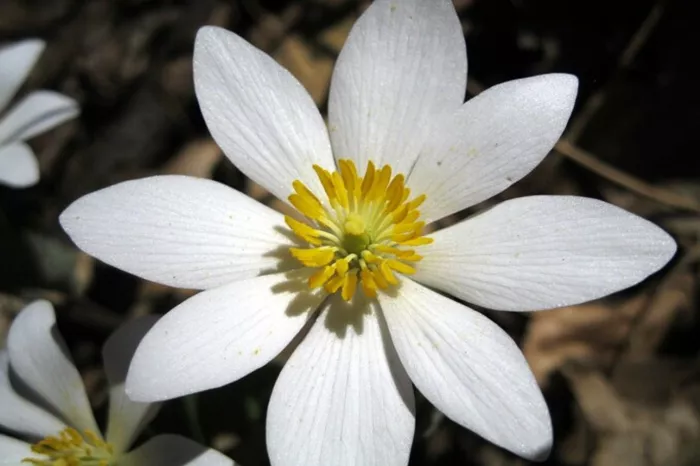A recent study highlights the potential of a plant-derived compound in combatting strains of tuberculosis (TB) that resist current therapies. This compound, found in a North American plant, not only inhibits dormant TB bacteria but also preserves the gut microbiome.
Tuberculosis remains the second-leading infectious disease killer worldwide and is increasingly resistant to many antibiotics. The disease is caused by Mycobacterium tuberculosis, a bacterium that primarily affects the respiratory system but can also impact the heart, brain, and spinal column.
The study, published in the journal Anti-inflammatory Nutraceuticals and Chronic Diseases, investigates sanguinarine, a derivative of bloodroot, a wildflower native to North America. Researchers genetically modified sanguinarine to minimize its toxicity, enhancing its effectiveness against multidrug-resistant tuberculosis (MRTB).
Standard TB treatment involves multiple medications over six months, which can significantly weaken patients. In contrast, sanguinarine selectively targets MRTB bacteria while sparing beneficial bacteria.
Dr. Jim Sun, the study’s senior author and an assistant professor at the University of British Columbia’s Department of Microbiology and Immunology, led the team that focused on reducing sanguinarine’s natural toxicity while increasing its potency against TB.
The team created 35 new derivatives of sanguinarine, with two—BPD9 and BPD6—demonstrating over 90% inhibition of eight different strains of Mycobacterium tuberculosis, including three particularly virulent strains and five resistant to existing treatments.
“TB treatment takes six months because the bacteria can ‘hibernate’ in your lungs until reactivated. Most antibiotics are effective against actively growing bacteria, but BPD9 appears capable of preventing dormant bacteria from reactivating,” Dr. Sun explained.
In experiments, mice treated with BPD9 showed a significant reduction in MRTB and other TB strains within just eight days. While the research team is encouraged by these results, they acknowledge the need for further work to reduce the compound’s toxicity and conduct additional tests on drug-resistant TB strains.
Related topics:
- Panamanian Shamans Efforts to Preserve Their Traditional Medicinal Plants
- Plants Are Taking in 31% More Carbon Dioxide Than We Previously Believed
- Abundance London Plants Thousands of Bulbs to Illuminate Chiswick


